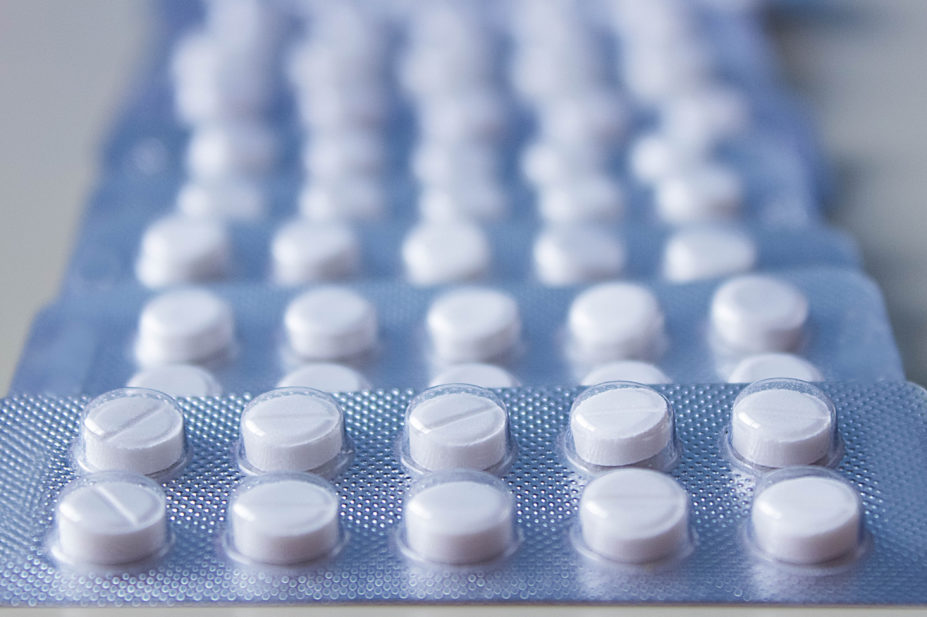
Shutterstock.com
Around 15,500 falsified medicine packs were found in the UK’s authorised medicines supply chain over the past two years, The Pharmaceutical Journal has learned.
A spokesperson for the Medicines and Healthcare products Regulatory Agency (MHRA) toldThe Pharmaceutical Journal, on 17 February 2022, that the falsified medicines “were identified via a range of regulatory checks, including the work of MHRA Inspectorate (good distribution practice), whose responsibility includes inspection of authorised wholesalers, and in collaboration with the Criminal Enforcement Unit”.
Combating falsified and counterfeit medicines is a multi-pronged process, with the MHRA leading the work in the UK. In 2006, it initiated Operation Pangea — an international collaboration led by Interpol — which targets illegal online trade in medicines and runs for one week each year.
In 2021, UK officers working on Operation Pangea seized 3 million medicines and medical devices that were being sold illegally. The products were valued at more than £9m.
The MHRA spokesperson said: “The vast majority of medicines supplied from illegally trading websites are unauthorised generics.”
Between 9 February 2019 and 31 December 2020, the UK was subject to the EU’s Falsified Medicines Directive (FMD), which required all medicines packs to include safety features confirming their authenticity, including a unique identifier code, and anti-tampering devices. All parts of the pharmaceutical supply chain, from manufacturers and distributors to frontline pharmacy staff, were required to check medicines packs.
However, the FMD ceased to apply in Great Britain when the UK left the EU on 31 January 2020, although the government has pledged to consult on a UK-only version of the system. However, The Pharmaceutical Journal reported earlier in February 2022 that the government had missed its deadline of opening such a consultation by 11 February 2022.
In October 2020, the Royal Pharmaceutical Society wrote to the then health secretary Matt Hancock, warning that the removal of the FMD, with no replacement in place, would leave the UK “vulnerable to an influx of counterfeit medicines, impacting on patient care”.
In the first ten months of implementation of the FMD, data showed that although 44.7 million packs of medicines were dispensed in the UK, no counterfeit medicines were found through the FMD system.
Read more: Counterfeit medicines are a growing threat to global health, WHO meeting hears


